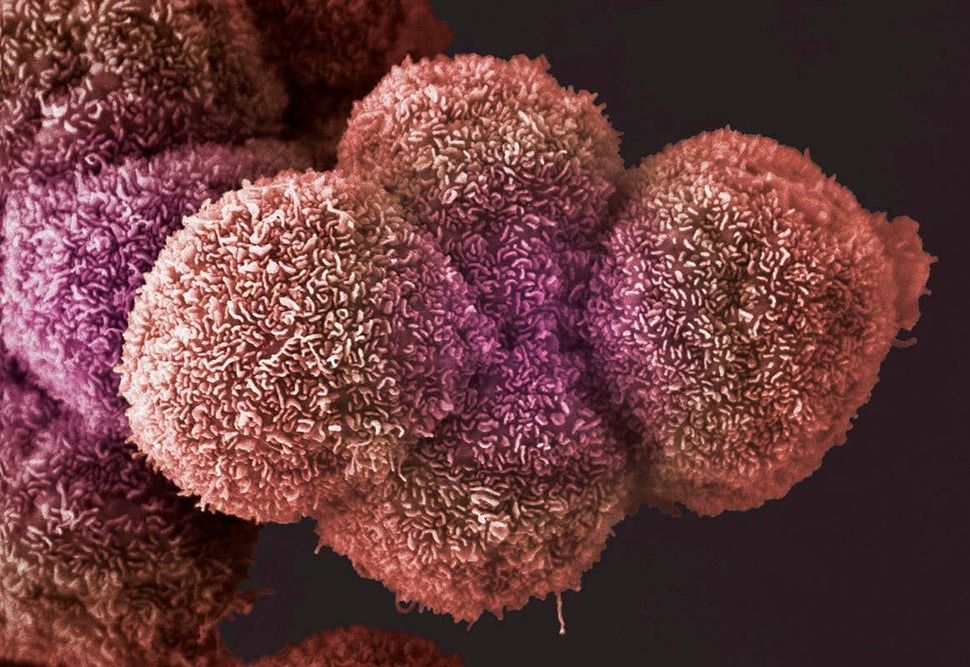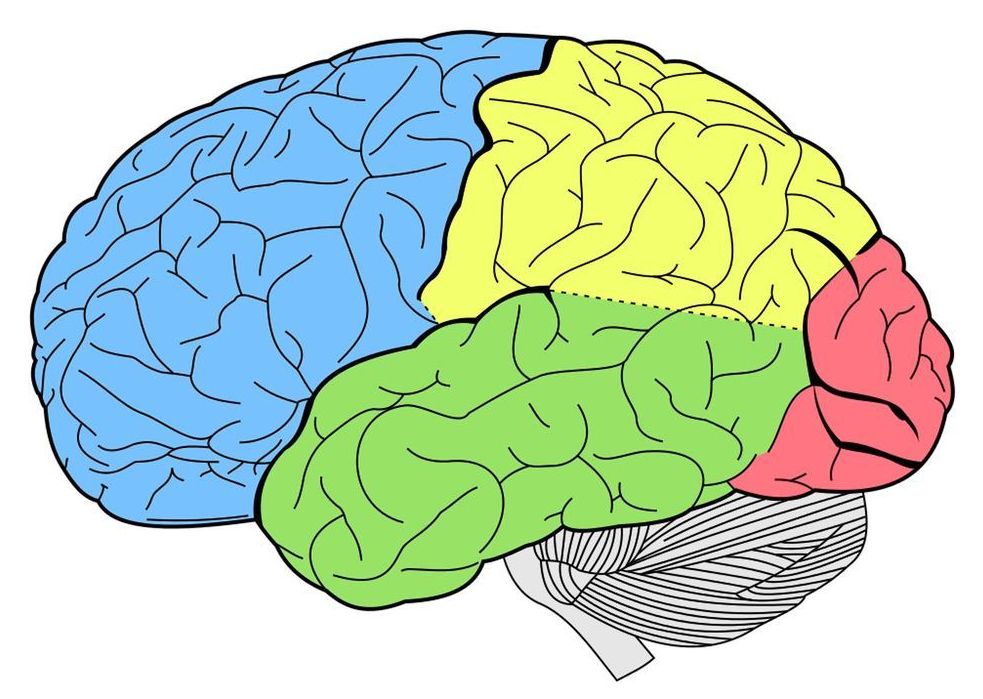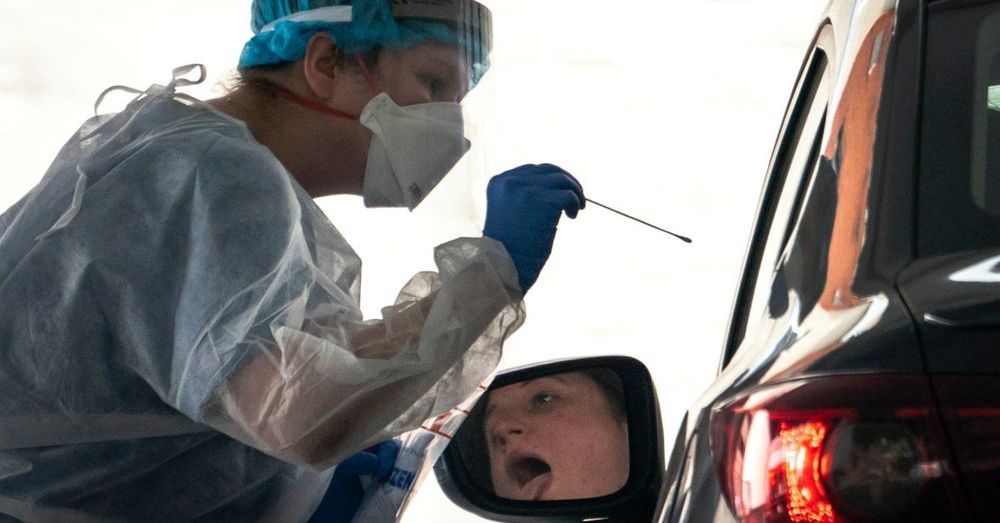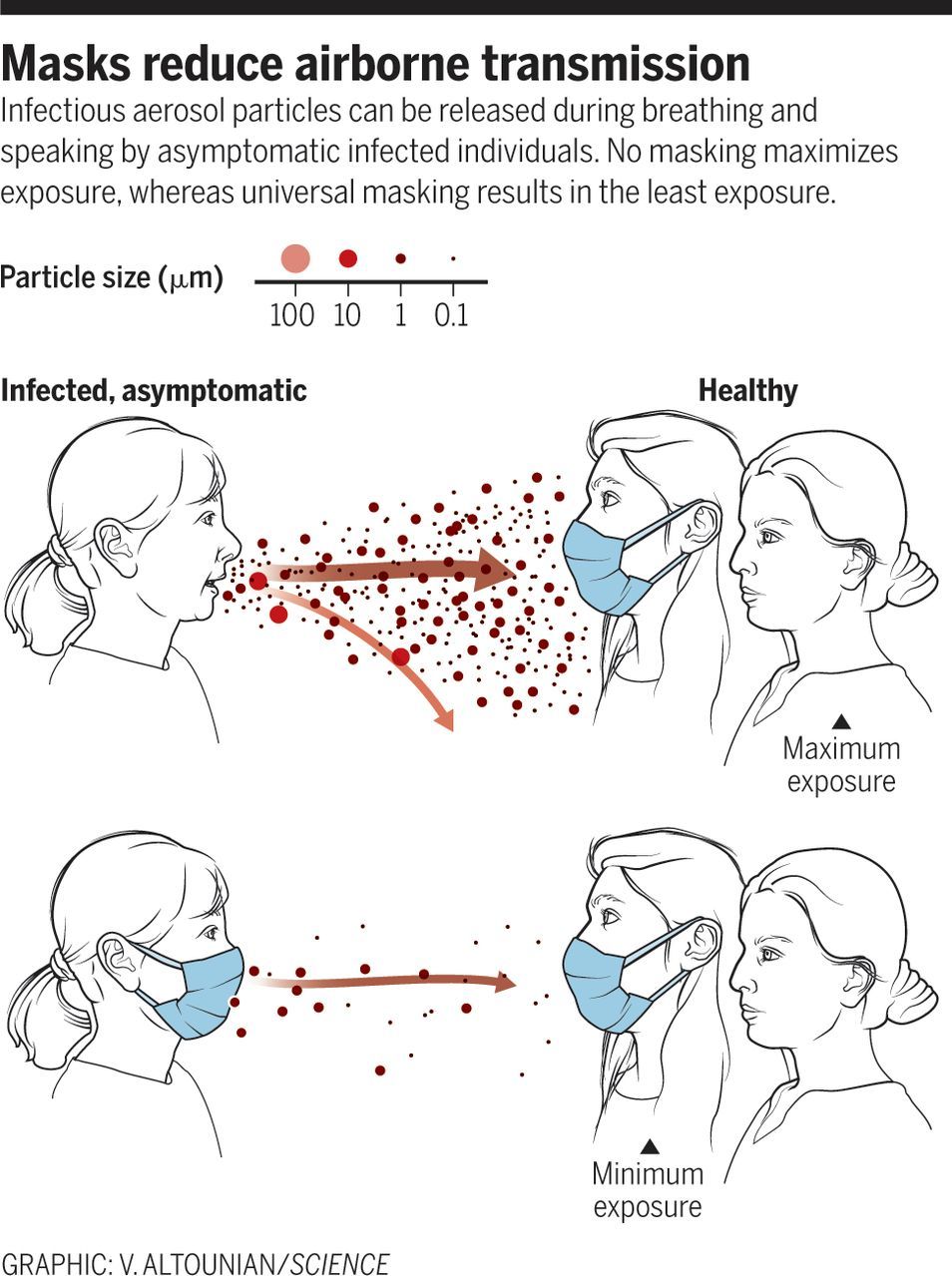Archive for the ‘biotech/medical’ category: Page 1644
May 29, 2020
First map of tumour microbiomes finds bacteria live in many cancers
Posted by Genevieve Klien in category: biotech/medical
More than 500 strains of bacteria have been found living in seven types of tumour. Understanding their behaviour may lead to new kinds of treatments.
May 29, 2020
‘Knowing how’ is in your brain
Posted by Genevieve Klien in categories: biotech/medical, neuroscience
Although we often think of knowledge as “knowing that” (for example, knowing that Paris is the capital of France), each of us also knows many procedures consisting of “knowing how,” such as knowing how to tie a knot or start a car. Now, a new study has found the brain programs that code the sequence of steps in performing a complex procedure.
In a just published paper in Psychological Science, researchers at Carnegie Mellon University have found a way to find decode the procedural information required to tie various knots with enough precision to identify which knot is being planned or performed. To reach this conclusion, Drs. Robert Mason and Marcel Just first trained a group of participants to tie seven types of knots, and then scanned their brains while they imagined tying, or actually tied the knots while they were in an MRI scanner. The main findings were that each knot had a distinctive neural signature, so the researchers could tell which knot was being tied from the sequence of brain images collected. Furthermore, the neural signatures were very similar for imagining tying a particular knot and planning to tie it.
Dr. Just said, “Tying a knot is an ancient and frequently performed human action that is the epitome of everyday procedural knowledge, making it an excellent target for investigation.”
May 29, 2020
Luxembourg Testing Its Entire Population For Coronavirus
Posted by Genevieve Klien in category: biotech/medical
The point of the expanded testing program is to try and blunt a potential second wave of COVID-19 before it develops.
May 29, 2020
Algorithm tracks down buried treasure among existing compounds
Posted by Quinn Sena in categories: biotech/medical, chemistry, information science, robotics/AI, solar power
A machine-learning algorithm has been developed by scientists in Japan to breathe new life into old molecules. Called BoundLess Objective-free eXploration, or Blox, it allows researchers to search chemical databases for molecules with the right properties to see them repurposed. The team demonstrated the power of their technique by finding molecules that could work in solar cells from a database designed for drug discovery.
Chemical repurposing involves taking a molecule or material and finding an entirely new use for it. Suitable molecules for chemical repurposing tend to stand apart from the larger group when considering one property against another. These materials are said to be out-of-trend and can display previously undiscovered yet exceptional characteristics.
‘In public databases there are a lot of molecules, but each molecule’s properties are mostly unknown. These molecules have been synthesised for a particular purpose, for example drug development, so unrelated properties were not measured,’ explains Koji Tsuda of the Riken Centre for Advanced Intelligence and who led the development of Blox. ‘There are a lot of hidden treasures in databases.’
May 29, 2020
Brood IX: Why 2020’s cicada visit will be different than past invasions
Posted by Brent Ellman in category: biotech/medical
This spring will bring to North America a batch of 17-year cicadas known as Brood IX. Scientists are asking for help tracking them amid the global pandemic.
May 29, 2020
Letting off electrons to cope with metabolic stress
Posted by Genevieve Klien in categories: biotech/medical, food, genetics, health
Whereas textbooks depict metabolism in perfect homeostasis, disturbances occur in real life. One particularly relevant disturbance, caused by excess food and alcohol consumption and exacerbated by genetics, is reductive stress. New work by Goodman et al. identifies a biomarker of reductive stress and uses a gene therapy solution in mice. This work suggests how exercise and an accessible nutritional technology can synergistically increase catabolism and relieve reductive stress.
May 29, 2020
BRIAN KENNEDY — Reversing Human Aging (#0004)
Posted by Montie Adkins in categories: biotech/medical, genetics, life extension, robotics/AI

Sirtuins, telomeres, A.I. experiment with vitamin A and personalized medicine, a bit of everything here.
https://facebook.com/LongevityFB https://instagram.com/longevityyy
Tweets by Longevityyyyy
https://linkedin.com/company/longevityy
Continue reading “BRIAN KENNEDY — Reversing Human Aging (#0004)” »
May 28, 2020
Scientists create virus that has potential to fight cancer
Posted by Quinn Sena in categories: bioengineering, biotech/medical, genetics
Not all viruses set out to cause widespread death and sickness — some have the potential to fight cancer, according to new research.
Researchers from Hokkaido University in Japan have genetically engineered adenoviruses, which is a family of viruses that cause mild symptoms, to replicate inside cancer cells and kill them, according to a new paper in the journal Cancers.
To do this, Fumihiro Higashino, a molecular oncologist, and his team inserted adenylate-uridylate-rich elements (AREs) from two human genes — a stabilizing element found in a type of macromolecule present in all biological cells — into two strains of the virus to help specifically attack cancer cells.
May 28, 2020
Reducing transmission of SARS-CoV-2
Posted by Nicholi Avery in category: biotech/medical
Masks and testing are necessary to combat asymptomatic spread in aerosols and droplets.
Respiratory infections occur through the transmission of virus-containing droplets (5 to 10 μm) and aerosols (≤5 μm) exhaled from infected individuals during breathing, speaking, coughing, and sneezing. Traditional respiratory disease control measures are designed to reduce transmission by droplets produced in the sneezes and coughs of infected individuals. However, a large proportion of the spread of coronavirus disease 2019 (COVID-19) appears to be occurring through airborne transmission of aerosols produced by asymptomatic individuals during breathing and speaking (1–3). Aerosols can accumulate, remain infectious in indoor air for hours, and be easily inhaled deep into the lungs. For society to resume, measures designed to reduce aerosol transmission must be implemented, including universal masking and regular, widespread testing to identify and isolate infected asymptomatic individuals.
Humans produce respiratory droplets ranging from 0.1 to 1000 μm. A competition between droplet size, inertia, gravity, and evaporation determines how far emitted droplets and aerosols will travel in air (4, 5). Respiratory droplets will undergo gravitational settling faster than they evaporate, contaminating surfaces and leading to contact transmission. Smaller aerosols (≤5 μm) will evaporate faster than they can settle, are buoyant, and thus can be affected by air currents, which can transport them over longer distances. Thus, there are two major respiratory virus transmission pathways: contact (direct or indirect between people and with contaminated surfaces) and airborne inhalation.
















